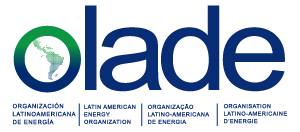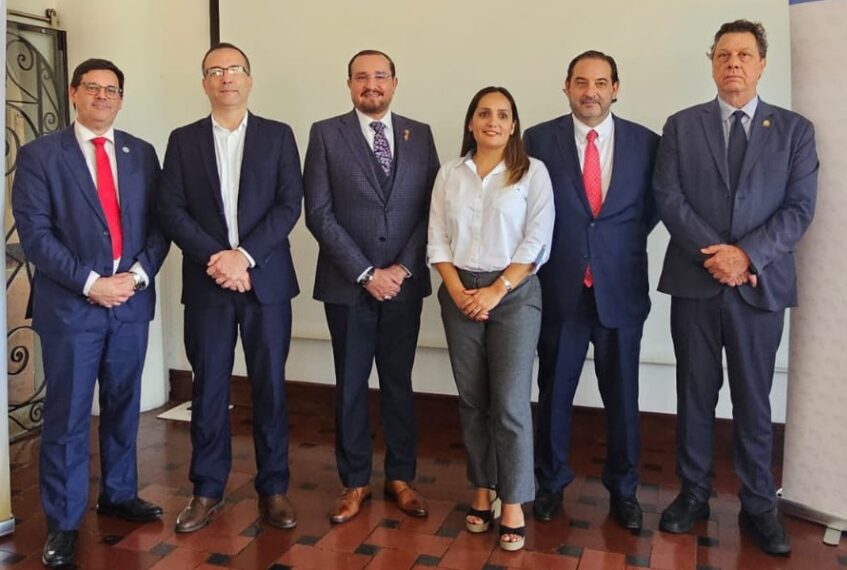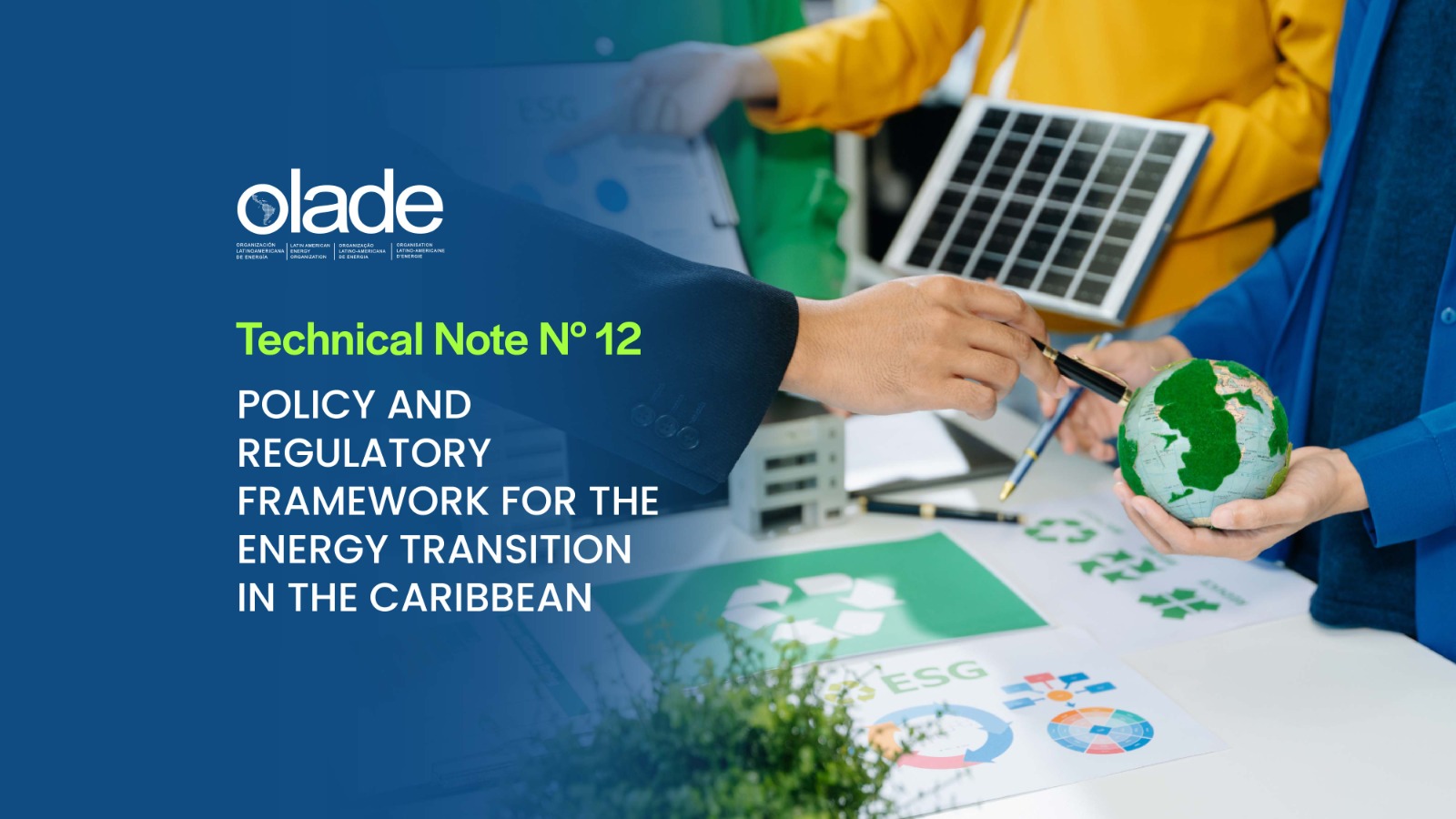On the occasion of World Electric Mobility Day, Costa Rica reaffirmed its regional leadership in zero-emission transport by hosting the official presentation of the latest data on electromobility in Latin America and the Caribbean. The event was organized by the Ministry of Environment and Energy (MINAE), the Latin American Energy Organization (OLADE), and the Costa Rican Association for Electric Mobility (ASOMOVE), bringing together authorities, experts, and industry stakeholders in a strategic dialogue.
According to OLADE, electric vehicles allowed the world to avoid burning 1.3 million barrels of oil per day in 2024. In Latin America and the Caribbean, the electric fleet surpassed 444,000 units by the end of 2024, nearly tripling the previous year’s figure. Costa Rica stands out as a regional leader with more than 29,000 electric vehicles—equivalent to 16% of new vehicle registrations—and an expanding charging network of over 70 fast chargers and 300 medium chargers nationwide.
During the event, advances of the upcoming White Paper on Sustainable Mobility 2025 were presented. The report will be officially launched at the X Energy Week in Santiago, Chile, and compiles statistics, success stories, and multisectoral perspectives, building a shared vision for the future of electric transport in the region.
National authorities underscored the significance of these achievements. Franz Tattenbach, Costa Rica’s Minister of Environment and Energy, highlighted: “Every electric vehicle on our streets represents a concrete action against climate change. Costa Rica has a unique advantage: more than 98% of its electricity comes from renewable sources.” Meanwhile, Silvia Rojas, Executive Director of ASOMOVE, noted that Costa Rica’s progress is the result of coherent public policy, effective incentives, and citizen commitment to the energy transition.
OLADE’s Executive Secretary, Andrés Rebolledo, emphasized: “Electromobility is no longer a promise, but a reality that is beginning to transform our cities and the lives of millions of people.
Latin America is moving forward decisively, leveraging its renewable energy wealth, but we still need to strengthen infrastructure and modernize grids so this change can reach every corner of the region.”
The study also reveals that Brazil and Mexico lead in absolute numbers of electric vehicles, while countries such as Guatemala and the Dominican Republic multiplied their fleets in record time. Furthermore, the region now has more than 6,700 electric buses in operation, significantly contributing to urban decarbonization and air quality improvement.
With these figures, OLADE reaffirms electromobility’s strategic role as a key tool to reduce emissions, improve air quality, and secure a cleaner, fairer, and more inclusive energy future for Latin America and the Caribbean.





